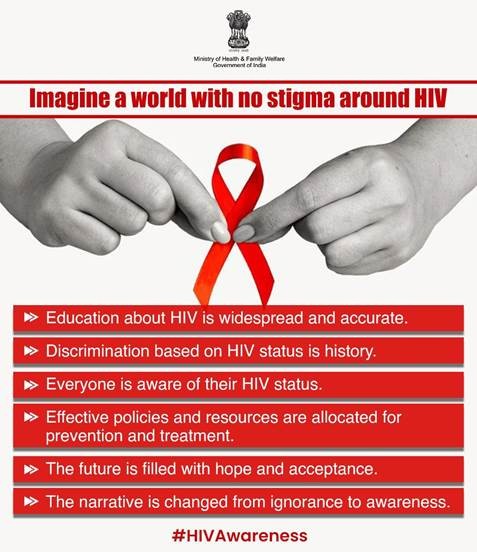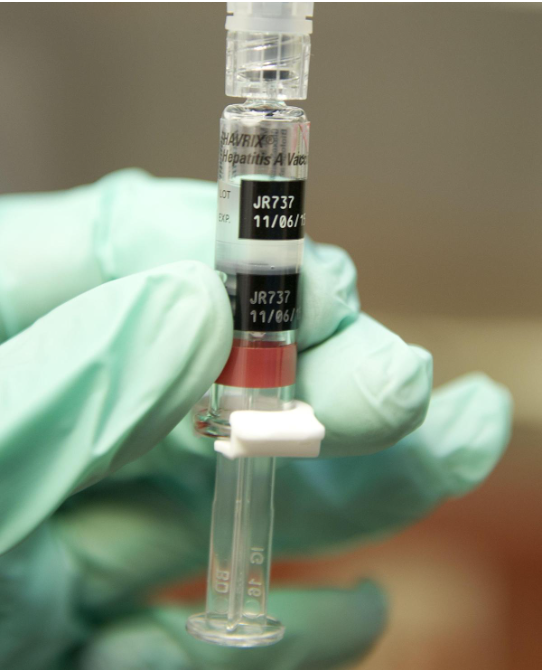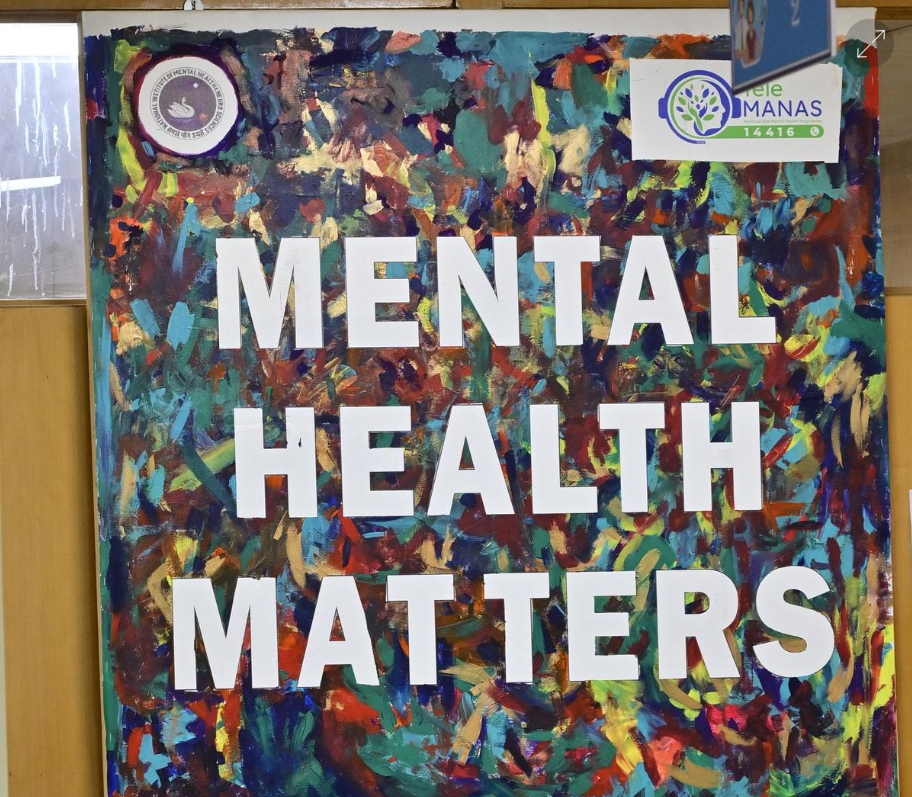





Copyright infringement not intended
Picture Courtesy: www.telegraphindia.com
Context: The National Medical Commission (NMC) is launching a "one nation, one registration platform" to streamline and centralize doctor registrations, eliminating duplication and red tape while providing the public easy access to information on all physicians practising in India.
One Nation, One Registration Platform
Existing Data Transfer
Regulations and Appeals
Quality Rating of Medical Institutions
Significance of "one nation, one registration platform"
|
Streamlining and Centralizing Registrations |
●By centralizing doctor registrations, the NMC aims to eliminate duplication and red tape associated with multiple registrations across states and medical councils. ●This streamlined process can enhance administrative efficiency and reduce bureaucratic hurdles for healthcare professionals. |
|
Uniform Standards |
●The initiative ensures uniform registration standards across the country. This means that doctors will be held to the same set of criteria, regardless of the state in which they practice. ●It promotes consistency and standardization in medical qualifications and practices. |
|
Improved Healthcare Access |
●A centralized platform makes it easier for the public to access information about registered physicians. ●Patients can verify the credentials of their doctors more easily, leading to increased trust and confidence in the healthcare system. This transparency is essential for informed decision-making, especially in critical medical situations. |
|
Enhanced Monitoring |
●Centralizing registrations allows for better monitoring of healthcare professionals. This can include tracking their professional development, adherence to ethical standards, and disciplinary actions if required. ●Such monitoring ensures that doctors are continuously updating their skills and knowledge, which is crucial in the rapidly evolving field of medicine. |
|
Data-driven Policies |
●Having a centralized database provides valuable data for policymakers and researchers. They can analyze trends, the distribution of healthcare professionals, and other essential factors. ●This data-driven approach can help in making informed decisions related to healthcare policies, resource allocation, and addressing regional disparities in the distribution of medical professionals. |
|
Simplified Inter-State Mobility |
●For doctors, especially those who frequently move across states due to job opportunities or other reasons, a unified registration system simplifies the process of practising in different regions. ●It removes the hassle of re-registering in each state, promoting the mobility of healthcare professionals and ensuring the availability of medical services in underserved areas. |
|
International Recognition |
●A standardized registration system can enhance the international recognition of Indian medical qualifications. ●This can facilitate the movement of Indian doctors across borders and encourage collaborations with international healthcare organizations, ultimately benefiting the overall healthcare system in India. |
Conclusion
Must Read Articles:
National Medical Commission Bill 2022: https://www.iasgyan.in/daily-current-affairs/national-medical-commission-bill-2022
National Medical Commission’s new guidelines: https://www.iasgyan.in/daily-current-affairs/national-medical-commissions-new-guidelines
|
PRACTICE QUESTION Q. What are the key challenges faced in the current medical education system in India, and what reforms are necessary to ensure the production of competent and ethical healthcare professionals to meet the evolving healthcare needs of the country? |






© 2025 iasgyan. All right reserved